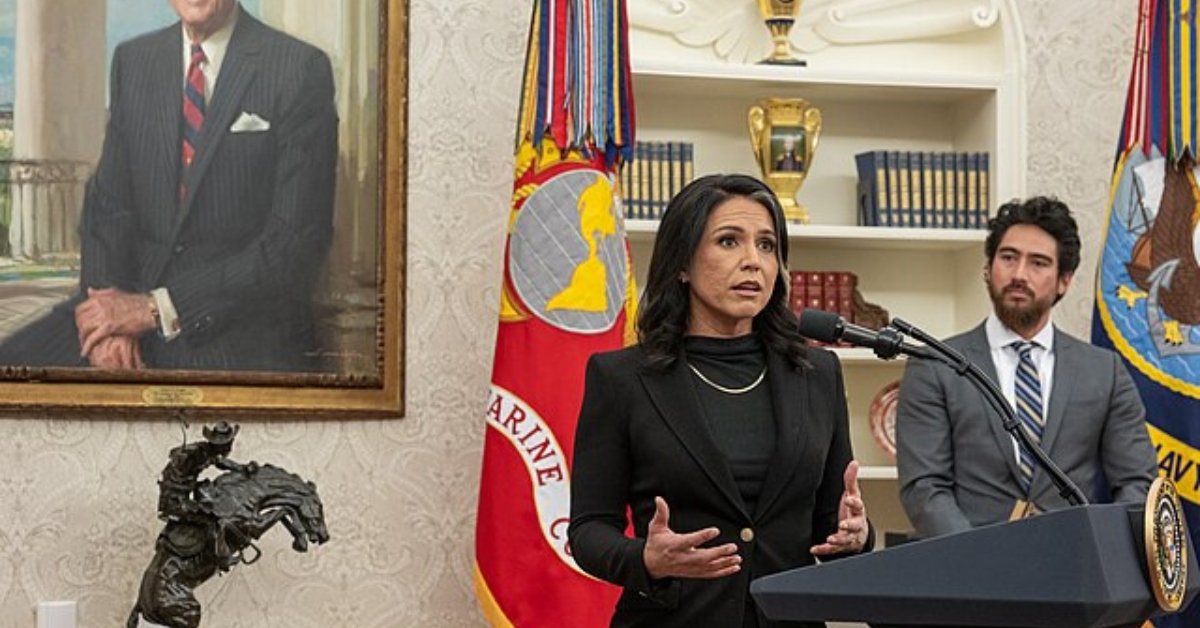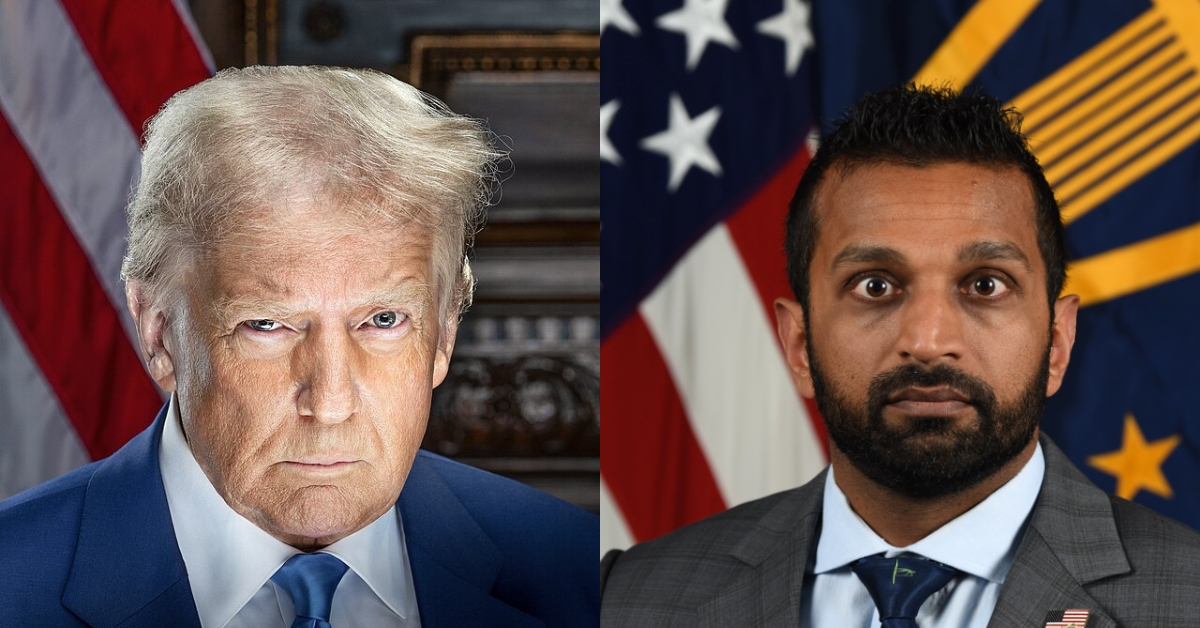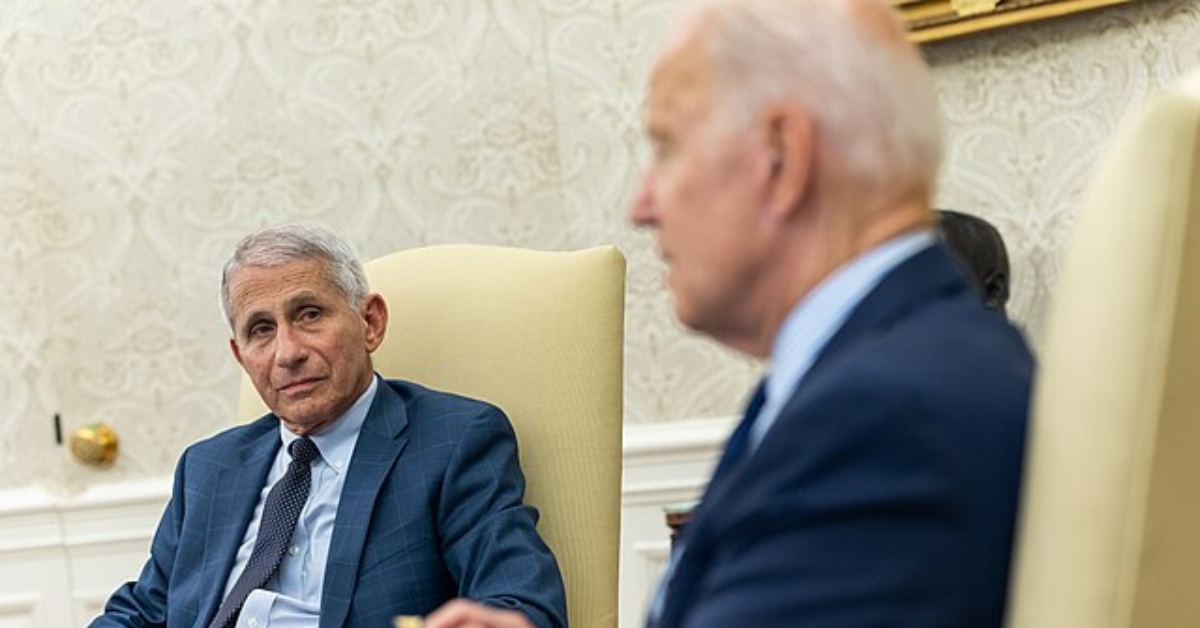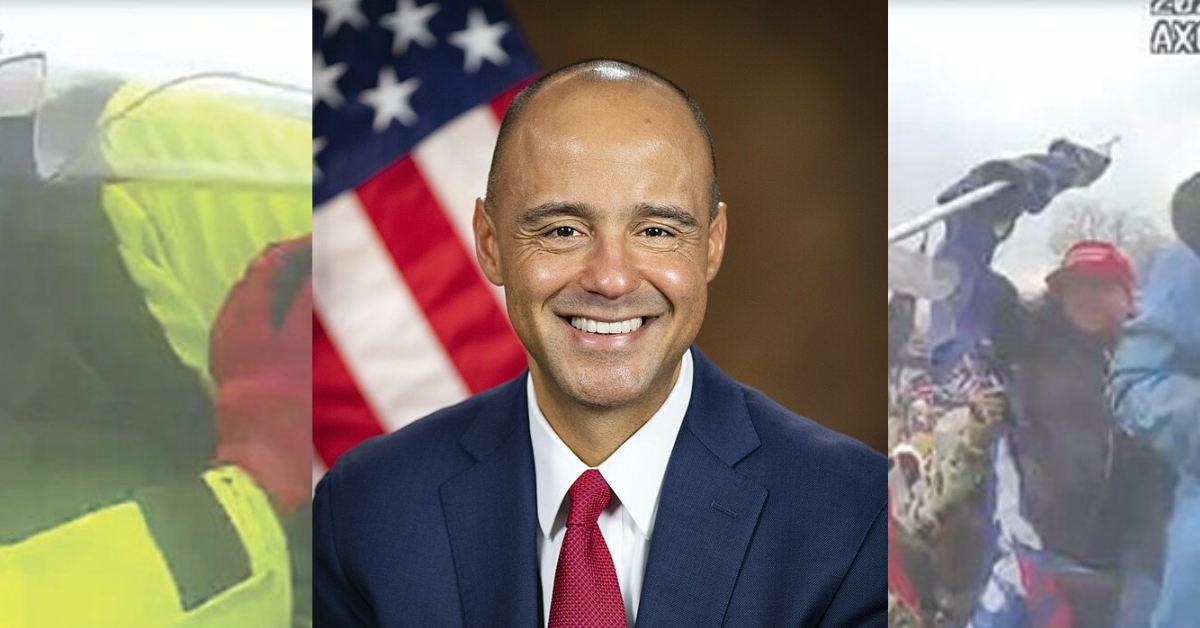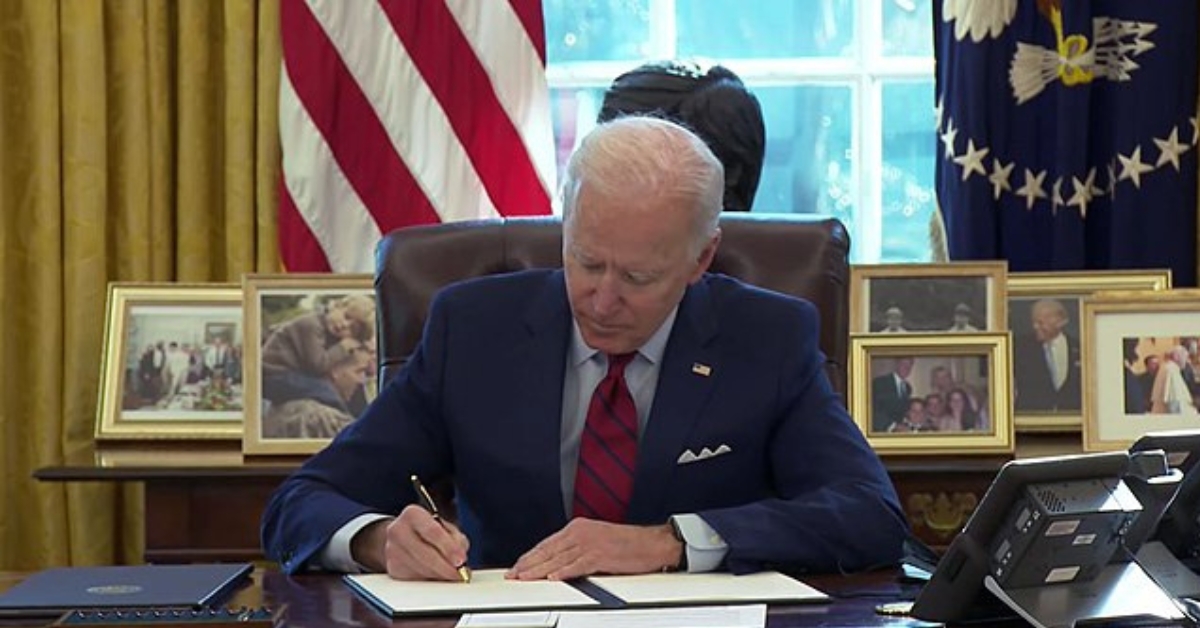
Secret Service Director Cheatle Finally Resigns
In a long overdue but necessary resignation, U.S. Secret Service Director Kimberly Cheatle stepped down this Tuesday, marking a small step toward accountability after the harrowing near-assassination of former President Trump. This resignation comes on the heels of intense bipartisan criticism and a scathing review of the Secret Service‘s failure to protect a key figure in American politics.
Kimberly Cheatle’s tenure ended not with the grace of a job well done, but under the shadow of what she herself described as the “most significant operational failure” in decades. Her exit was inevitable after the botched security efforts that allowed a would-be assassin, armed and dangerous, to open fire at a crowded rally in Butler, Pennsylvania, on July 13. Her letter of resignation to the agency was an admission of these failures, yet it feels too little, too late.
President Biden, in his response, maintained a tone of gratitude for Cheatle’s years of service, yet one can’t help but note his failure to act sooner. It took over a week since the assassination attempt for Cheatle to resign—a delay that speaks volumes about the administration’s sluggishness in addressing such a critical breach of security. It’s glaringly obvious that the Biden administration‘s lackluster response to the attack on Trump isn’t just incompetence—it’s selective neglect. Had this grave security breach involved anyone else, particularly one of their own, you can bet there would have been immediate, decisive action. But because it’s Trump, their adversary, there’s a disturbing lack of urgency. This double standard in handling matters of national security, based on political affiliations, is both unacceptable and dangerous.
While Cheatle asserts that this incident does not define the Secret Service, it undoubtedly casts a long, dark shadow over its recent operations. It raises uncomfortable yet necessary questions about the effectiveness and readiness of the Secret Service, especially in an era where political tensions are at a boiling point. Her resignation, while right, is not a solution but the beginning of a much-needed scrutiny and overhaul of the Secret Service.
We need to demand that the Secret Service remains an apolitical entity, dedicated to its mission without favor or bias. The principle is simple: equal protection under their watch, regardless of political affiliation. If they fail to uphold this standard, it raises a legitimate question: is there a deliberate agenda against certain individuals? Such a possibility would not only be profoundly unjust but also a severe betrayal of their duty to the nation.
